Productivity is a cornerstone of success in the construction industry, and at Eugene Field General Contractor, we understand the critical role various factors play in ensuring efficient project execution. Here’s a breakdown of key elements that influence productivity within our organization:
- Effective Project Management:
A well-structured project management approach, including clear communication, task delegation, and schedule adherence, lays the foundation for streamlined operations and optimal resource utilization.
- Skilled Workforce:
Our team consists of experienced and skilled professionals who bring expertise to various construction disciplines, enabling us to execute tasks with precision and proficiency.
- Training and Development:
Continuous training programs keep our workforce updated on the latest techniques, technologies, and safety protocols, enhancing their efficiency and competence on the job.
- Advanced Technology Integration:
Utilization of cutting-edge construction technologies, such as Building Information Modeling (BIM), drones, and project management software, accelerates decision-making and improves project coordination.
- Efficient Equipment and Tools:
Equipping our teams with high-quality tools and well-maintained equipment ensures tasks are completed with accuracy, speed, and reduced downtime.
- Material Management:
Proper planning, procurement, and management of construction materials minimize delays and disruptions, allowing for a seamless workflow.
- Clear Communication Channels:
Open and effective communication among team members, subcontractors, and stakeholders ensures quick problem-solving, reduces misunderstandings, and prevents bottlenecks.
- Well-Defined Processes:
Clearly defined processes and workflows provide consistency, prevent rework, and optimize resource allocation, enhancing overall productivity.
- Safety Protocols and Culture:
A strong safety culture not only protects our workforce but also minimizes accidents and disruptions that can hinder productivity.
- Streamlined Documentation:
Efficient record-keeping and documentation, including project plans, permits, and progress reports, ensure transparency and accountability throughout the construction process.
- Proper Resource Allocation:
Effective allocation of labor, equipment, and materials to various tasks and phases of a project optimizes resource utilization and minimizes waste.
- Continuous Improvement Initiatives:
Regular assessments, feedback loops, and lessons learned contribute to a culture of continuous improvement, identifying areas for optimization and increasing overall productivity.
- Supplier and Subcontractor Relationships:
Strong relationships with reliable suppliers and subcontractors facilitate timely deliveries and collaborative problem-solving, contributing to project efficiency.
- Risk Management Strategies:
Anticipating and addressing potential risks early on through proactive risk management strategies mitigates disruptions and safeguards productivity.
- Client Collaboration:
Open communication and collaboration with clients lead to clear project objectives, expectations, and timely decision-making, fostering a productive partnership.
Conclusion
At Eugene Field General Contractor, these factors collectively shape our approach to productivity, enabling us to consistently deliver high-quality construction projects on time and within budget. Through a holistic focus on efficient processes, skilled personnel, advanced technologies, and collaborative partnerships, we ensure that each project reaches its full potential.

















